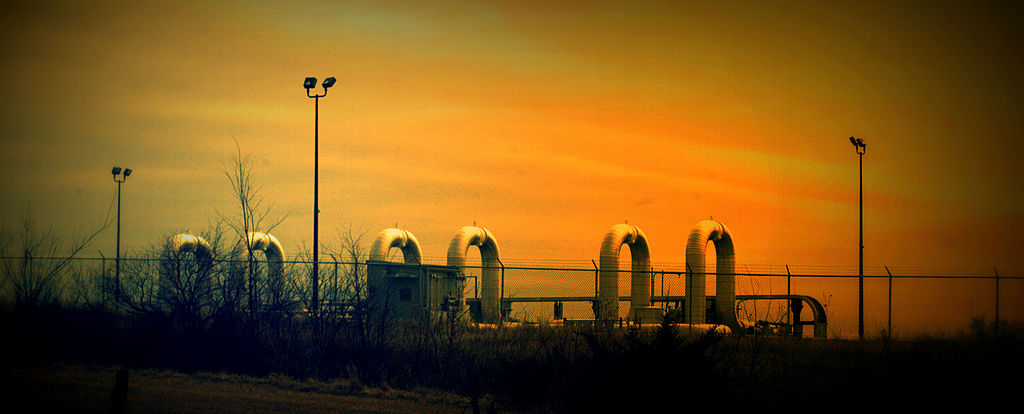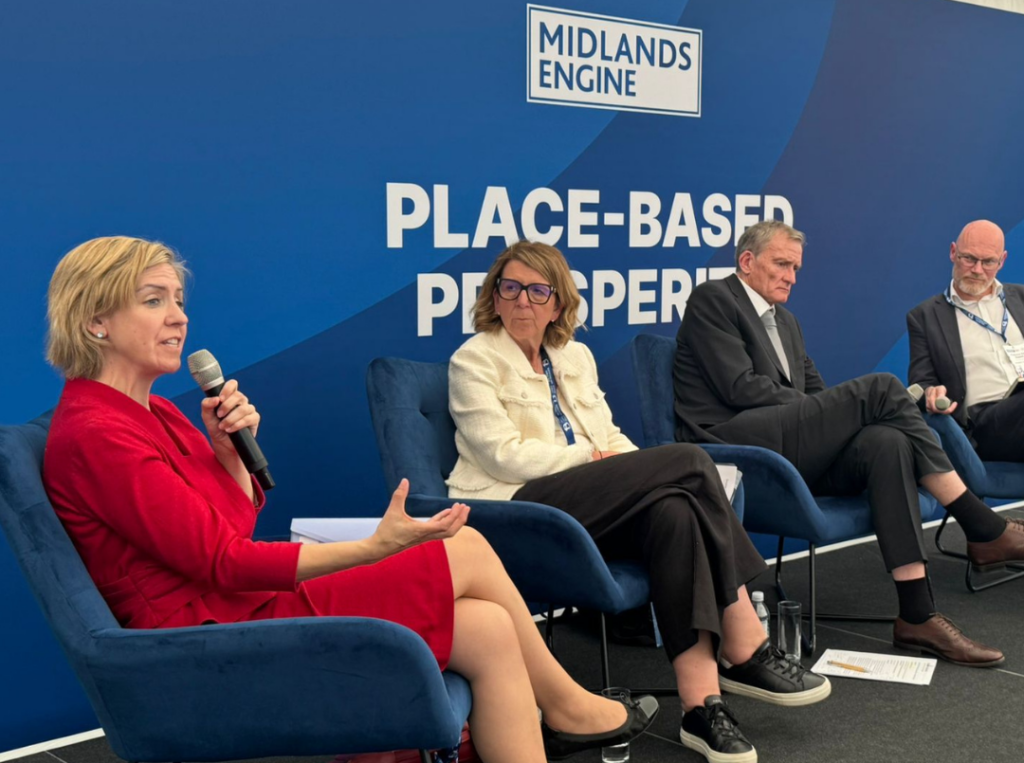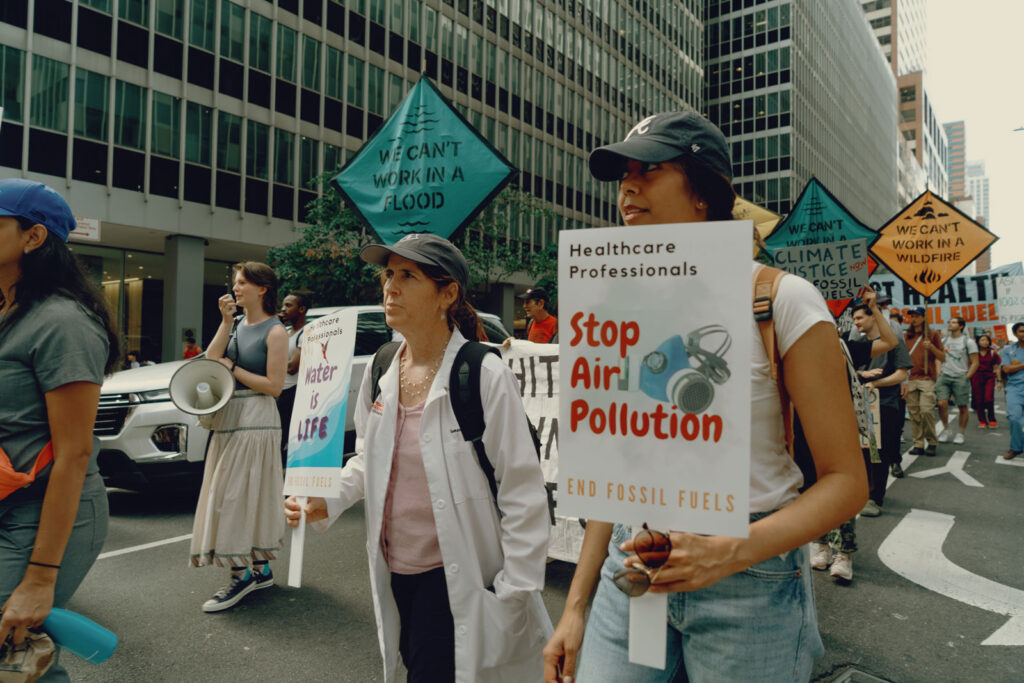Loans and interest would be repaid with savings accrued through reduced energy costs, organizers of the initiative said at a news conference in Manhattan. Typically, such upgrades can cut energy use and costs by 20 percent to 50 percent, they said.
Many scientists consider more efficient use of energy the best starting point for addressing global warming because there is a potential immediate financial reward along with the long-term environmental benefit. Energy use in buildings accounts for about a third of global releases of heat-trapping gases like carbon dioxide. In densely populated older cities like New York and London, buildings are the dominant source of the gases.
Mayor Bloomberg said retrofitting existing buildings was vital because they would make up 85 percent of the buildings that will stand in New York in 2030. Banks and corporations appeared to be grasping the importance of considering long-term environmental risks when making investments, he added.
In addition to New York and London, participating cities include Bangkok; Berlin; Chicago; Houston; Johannesburg; Karachi, Pakistan; Melbourne, Australia; Mexico City; Mumbai, India; Rome; São Paulo, Brazil; Seoul, South Korea; Tokyo; and Toronto.
Subscribe to our newsletter
Stay up to date with DeSmog news and alerts







